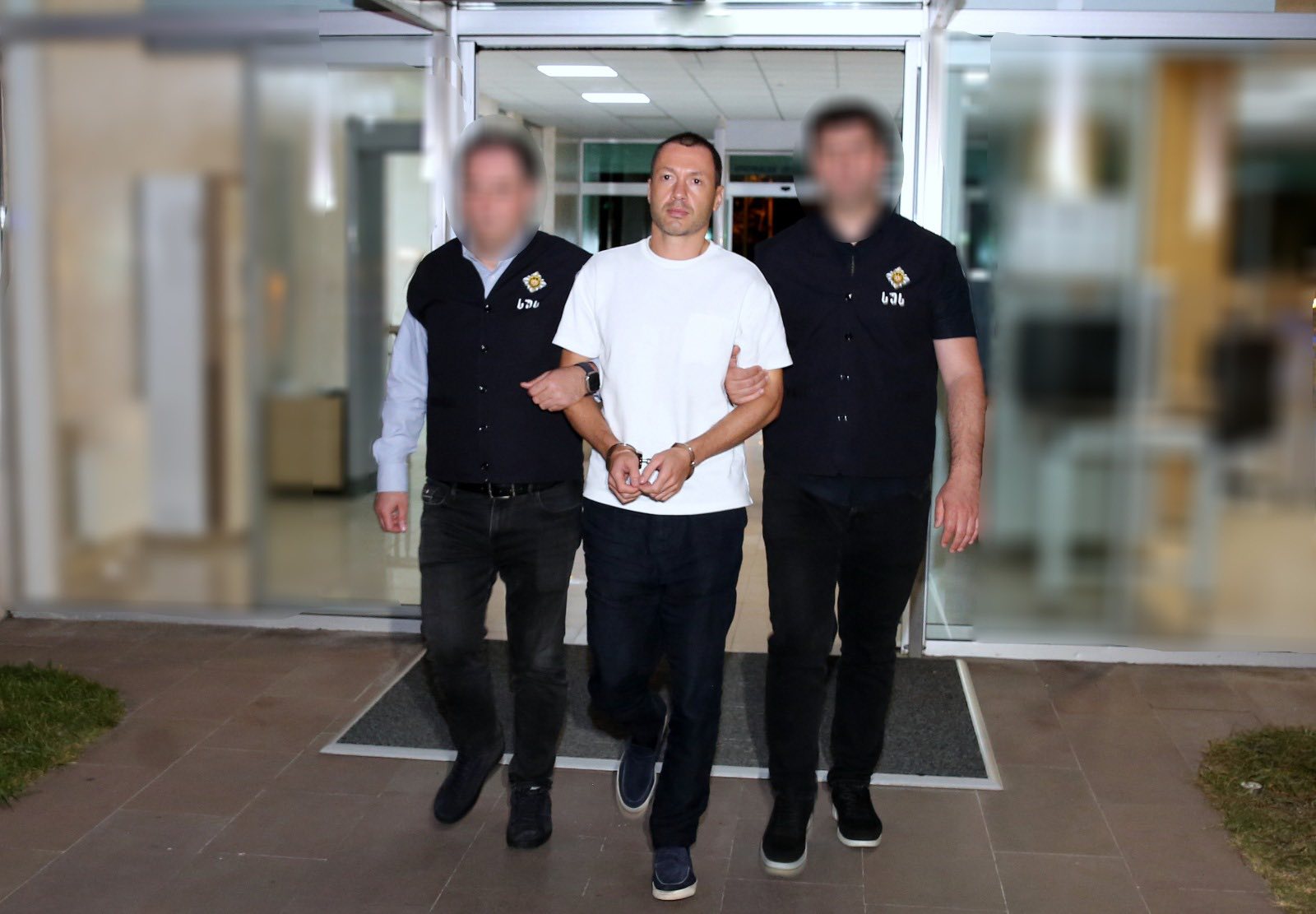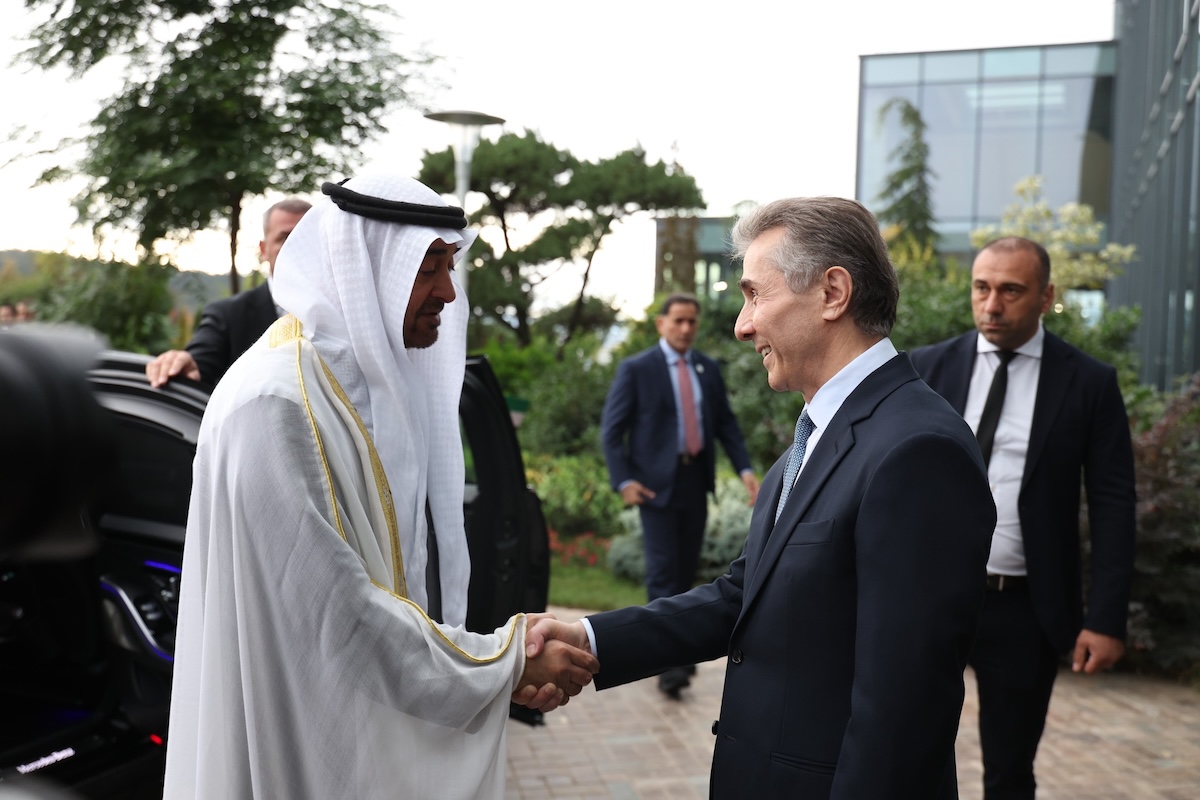Prison and exile: How Ivanishvili deals with former allies
Fate of Ivanishvili’s former allies
Against the backdrop of an unprecedented number of political prisoners in Georgia, Bidzina Ivanishvili honorary chairman of the Georgian Dream party and the country’s de facto ruler, is turning not only against opposition figures but also against his former closest allies.
Imprisonment, forced exile and unclear “incidents” have marked the lives of many in Ivanishvili’s former circle. Some have been arrested on corruption charges, others have fled the country, and more face looming repression.
There is speculation that Ivanishvili’s main protégé, two-time prime minister Irakli Garibashvili, could be next in line for arrest.
This article looks back at those who once supported Ivanishvili and are now on the list of his enemies.
From right-hand man to “personal prisoner”
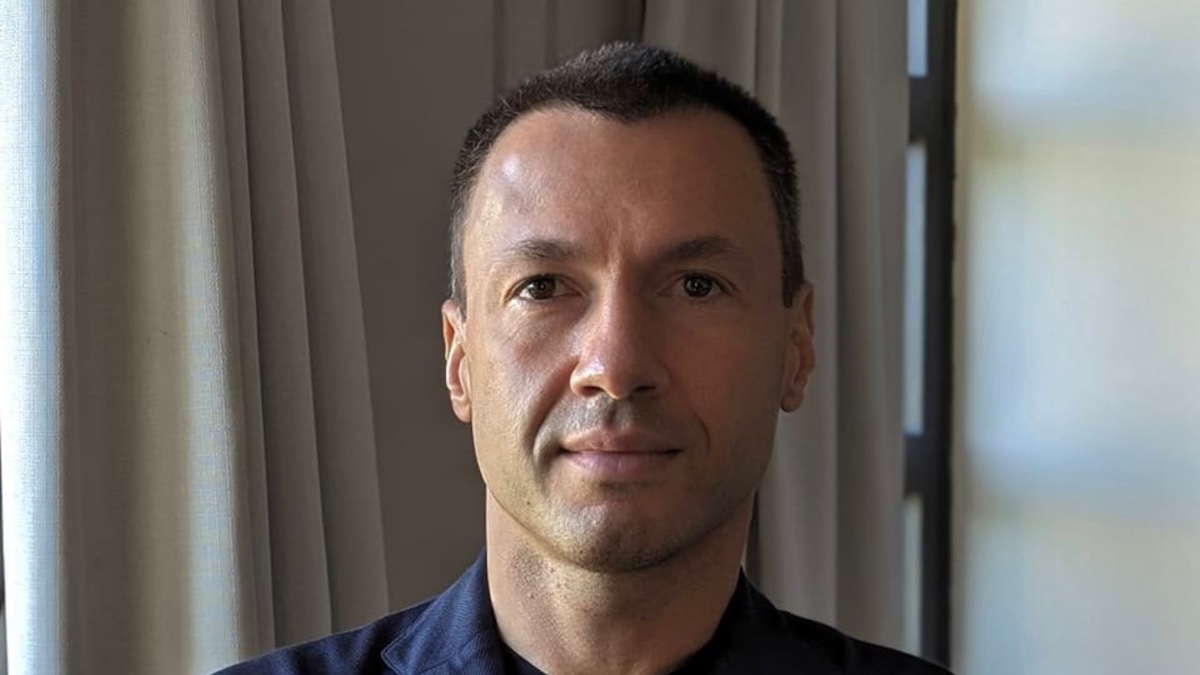
The case of Giorgi Bachiashvili is perhaps the clearest example of the consequences of Ivanishvili’s personal animosity.
The sudden arrest of the oligarch’s closest confidant, who managed his finances, drew attention even from the international press.
Bachiashvili, 40, oversaw Ivanishvili’s wealth for more than a decade and is now in a Tbilisi prison.
He was sentenced to 11 years behind bars for allegedly stealing up to $40 million in cryptocurrency from Ivanishvili.
The former financial adviser insists the case is fabricated and claims his former boss is effectively punishing him for speaking out against Russia’s invasion of Ukraine. According to Bachiashvili, Ivanishvili, who is seeking to bring Georgia back under Russian influence, views him as a Western spy.
In the midst of his trial, Bachiashvili managed to secretly leave Georgia in March 2025, hiding in a specially modified compartment between the back seat and the trunk of a car. Holding a Russian passport, he crossed into Armenia before travelling on to the United Arab Emirates.
But his freedom was short-lived. By May 2025, Bachiashvili was arrested at the Armenian–Georgian border. Officially, Georgia’s State Security Service tracked him down following an anonymous tip.
Bachiashvili, however, tells a different story. He claims he was in Abu Dhabi when men identifying themselves as Interpol agents approached him. According to him, he was then abducted and forcibly returned to Georgia on a charter flight operated by the national airline, Georgian Airways.
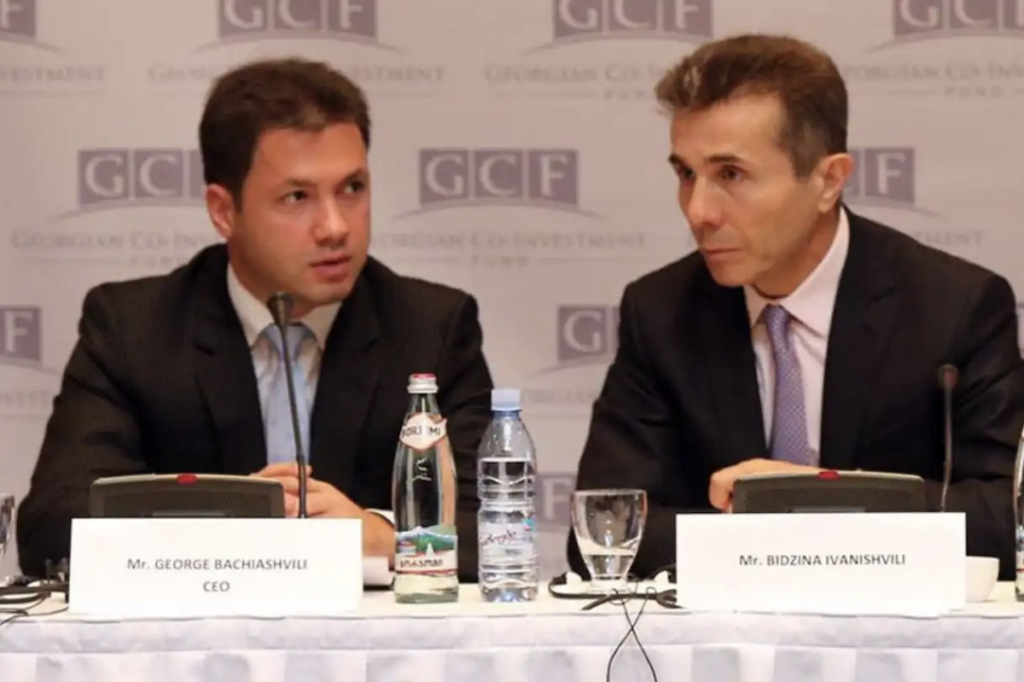
Notably, relations between Georgia and the UAE have warmed significantly in recent months. Tbilisi withdrew its candidate for the head of the UN World Tourism Organization in favour of Abu Dhabi’s nominee. More recently, Bidzina Ivanishvili personally received the UAE president during a public visit to Tbilisi — a highly unusual move for Ivanishvili, who rarely meets senior officials in front of cameras.
Before his arrest, while hiding in the UAE, Bachiashvili gave an extensive interview to the British newspaper The Guardian, revealing sides of Ivanishvili’s personality known only to his closest circle.
Bachiashvili said he was one of the most frequent visitors to Ivanishvili’s residence and often witnessed meetings between the oligarch and prime ministers, judges, and the attorney general.
“Sometimes he would shout at them, sometimes call them useless. It was like a sultan and his servants,” Bachiashvili said.
On 29 September 2025, the authorities targeted not only Bachiashvili but also his parents. The Georgian prosecution opened a criminal case against them under the article on aiding the legalisation of illegal income, which carries a sentence of nine to twelve years in prison.
Bachiashvili’s case is not unique. The Georgian Dream party continues to pursue its former allies.
From high office to prison
Political analysts say the sudden arrests of former senior officials point to internal divisions within Ivanishvili’s party.
Those detained are largely protégés of former prime minister Irakli Garibashvili and members of his team.
In June, former deputy economy minister Romeo Mikautadze was arrested on charges of laundering millions of lari obtained illegally. He faces up to 12 years in prison.
One by one, others were arrested, including defence minister Juansher Burjuladze, his son-in-law Vasil Mkheidze, former deputy Giorgi Khaindrava, and the former head of the defence ministry’s procurement department, Vladimir Gudushauri. They are accused of embezzling 1.3 million lari. Like Mikautadze, Burjuladze is a supporter of Garibashvili.
Bichiko Paikidze, a relative of former state security chief Grigol Liluashvili — once one of the country’s most powerful officials — has been declared wanted. He is also accused of embezzlement and tax evasion.
All arrests are linked to a corruption scandal involving the misappropriation of millions of lari.
Public hints about the possible involvement of former senior officials in corruption were made in June by Georgian Dream’s prime minister Irakli Kobakhidze, who said there were questions regarding their past deals.
At that time, former prime minister Garibashvili, former state security chief Liluashvili, and former interior minister Vakhtang Gomelauri, who held the post for ten years, avoided a corruption scandal. The Anti-Corruption Bureau checked their declarations and reported no evidence of wrongdoing.
The opposition believes that Georgian Dream simply delayed exposing these officials until a more politically convenient moment, as in the case of Romeo Mikautadze.
Indeed, many of the corruption allegations behind the criminal cases, including Mikautadze’s, had been uncovered by investigative journalists long before, when Georgian Dream was still protecting the officials in question.
Anti-Corruption Bureau head Razhden Kuprashvili openly admitted that he knew about Mikautadze’s corruption as far back as 2023, but only acted on it two years later.
According to political analysts, by targeting former senior officials, Georgian Dream is trying to achieve several objectives at once: remove and punish former allies no longer useful to the party, recover money they acquired while in power, and portray itself as an anti-corruption government ahead of local elections on 4 October.
“The state is engaged in aggressive racketeering. I’ve never seen anything like this in Russia, where state structures are used so openly and pervertedly, as is happening in Georgia now,” political scientist Gia Khukhashvili told InterpressNews. “Bidzina let these people graze because corruption was the only way to maintain the stability of his system. Will they pay back their debts? He let them graze, fed them well, and now he’s ‘shearing’ them.”
Tornike Rizhvadze incident
No formal charges have been brought, but there has been speculation that Tornike Rizhvadze, the former head of the Adjara government, was also involved in the corruption scandal.
Rizhvadze, the youngest head of government in Adjara’s history, resigned in 2025 after seven years in office.
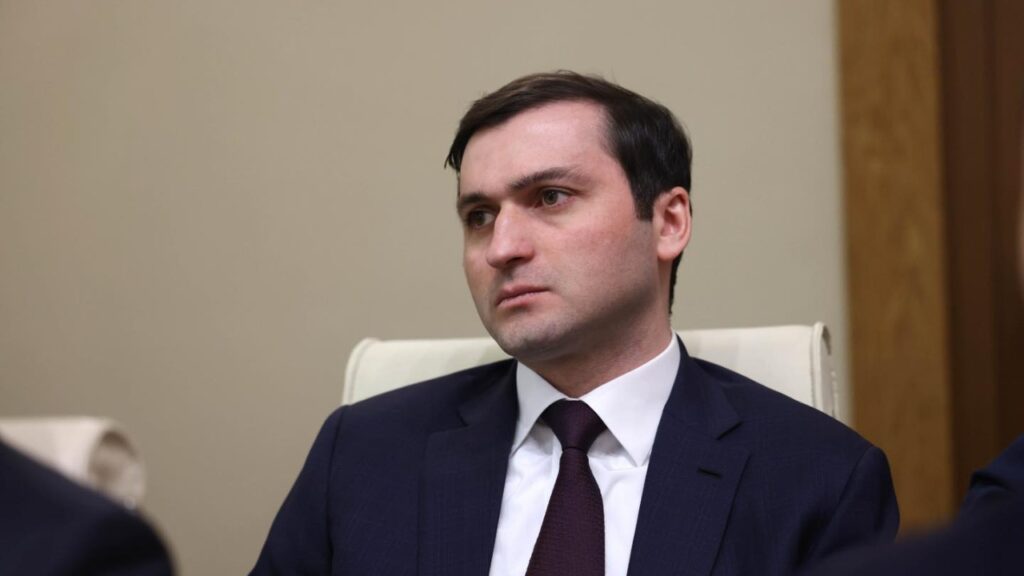
Shortly after his resignation, Rizhvadze was hospitalised unconscious with a gunshot wound to the chest. Police say he attempted to take his own life. Pro-government media published a letter said to have been written by Rizhvadze.
In the note, Rizhvadze writes that he is being accused of corruption and hopes that “Mr Bidzina and the prime minister” will protect his family.
Rizhvadze has since recovered but has not appeared in public.
Does the trail lead to Garibashvili?
All of the officials mentioned above, who are currently facing corruption charges, as well as Tornike Rizhvadze, were considered protégés of Garibashvili.
Among opposition figures, there is widespread speculation that the former prime minister himself could be next to face trial.
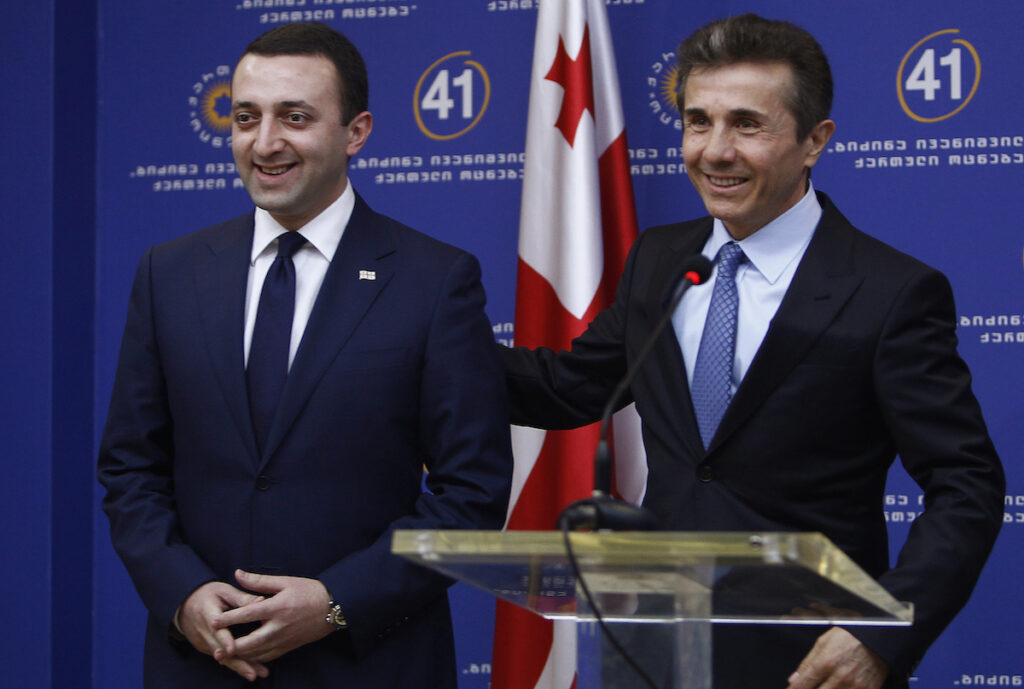
The two-time prime minister first resigned in 2015 amid corruption scandals, with Ivanishvili praising his “timely” departure. Garibashvili stepped down a second time in 2024, shortly after Bidzina Ivanishvili returned to politics for the third time.
From “good guy” to forced exile
Over 13 years in power, the Georgian Dream party has seen seven prime ministers. It is no secret that Ivanishvili personally selects the country’s top officials.
Few remember the name of the Georgian prime minister who served the shortest term. Mamuka Bakhtadze, in office for just 14 months, is mostly remembered for a 3,994-word Facebook post on the day of his resignation and for his “Strategic Development Programme,” which has been largely forgotten since.
Giorgi Kvirikashvili left office without scandal, though he clearly disappointed Ivanishvili — after his resignation, mentioning Kvirikashvili’s name within the team was almost prohibited. Today, Kvirikashvili works in private business and only occasionally makes high-profile statements.
The most dramatic split concerns Giorgi Gakharia.
“He’s a good guy,” Ivanishvili said about Gakharia in September 2019. “He deserved to be nominated as prime minister.”
Today, Gakharia is an enemy of the oligarch, who in rare TV interviews has threatened to sue him.
Gakharia resigned as prime minister in 2021, citing a disagreement with Ivanishvili over the arrest of opposition leader Nika Melia.
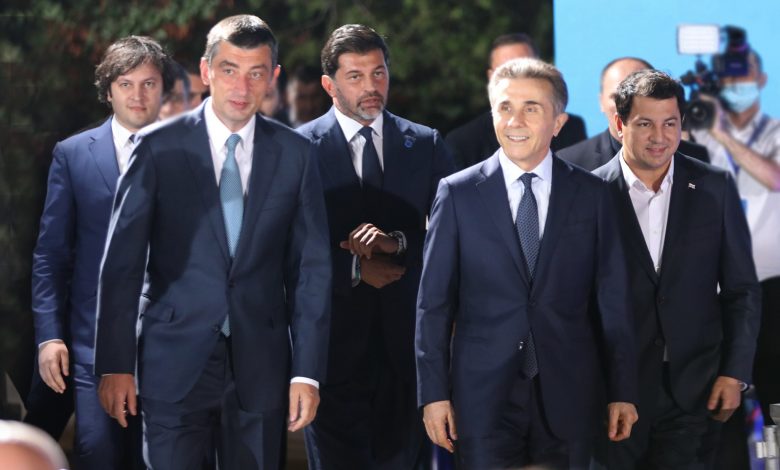
Gakharia later said his resignation was prompted by Ivanishvili’s informal interference in politics:
“The man who promised the country and the team that he had completely and permanently left politics ultimately intervened in the process and managed it in a way that influenced each of your decisions,” Gakharia told a parliamentary commission.
After leaving Georgian Dream, Giorgi Gakharia founded the political party For Georgia and immediately became the target of intense attacks from his former party. Colleagues who once praised him started calling him a “cocaine addict.”
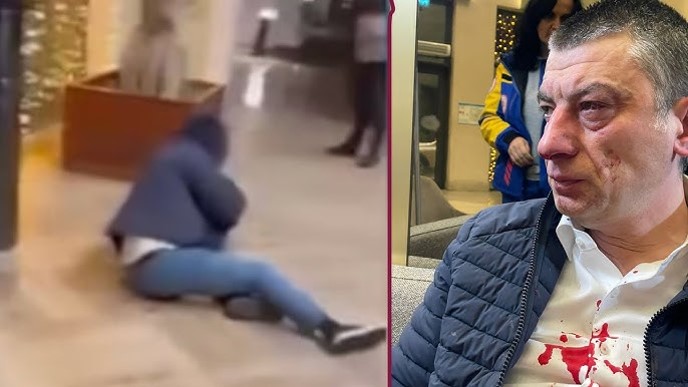
The former prime minister is now in Germany and does not intend to return to Georgia soon, as he could be facing criminal charges.
“I will not give up the fight against Georgian Dream… If I can be effective here, I will fight here… If I can be effective in prison, I will fight in prison — so what’s the problem? For now, my presence here is the most effective,” Gakharia said.
One-man party
Bidzina Ivanishvili’s Georgian Dream entered politics 13 years ago as a coalition of parties and ideologies united against the government of former president Mikheil Saakashvili.
Today, almost no figures from the party’s founding remain in government. Former members of Georgian Dream have either been expelled, disappeared, or turned into its enemies.
Beyond the leadership, the entire team that brought Georgian Dream to power has been replaced.
In the 2024 electoral list, only around ten names from the 2012 roster are repeated. These include Tea Tsulukiani, head of the parliamentary commission investigating Saakashvili’s government, MP Giorgi Volski, and former prime minister Irakli Garibashvili.
Even Georgian Dream-era presidents Giorgi Margvelashvili and Salome Zourabichvili — both chosen by Ivanishvili — were soon sidelined by the oligarch for insufficient loyalty.
Ivanishvili had to personally mobilise his resources and formally engage in politics to secure Zourabichvili’s election and participate in her campaign.
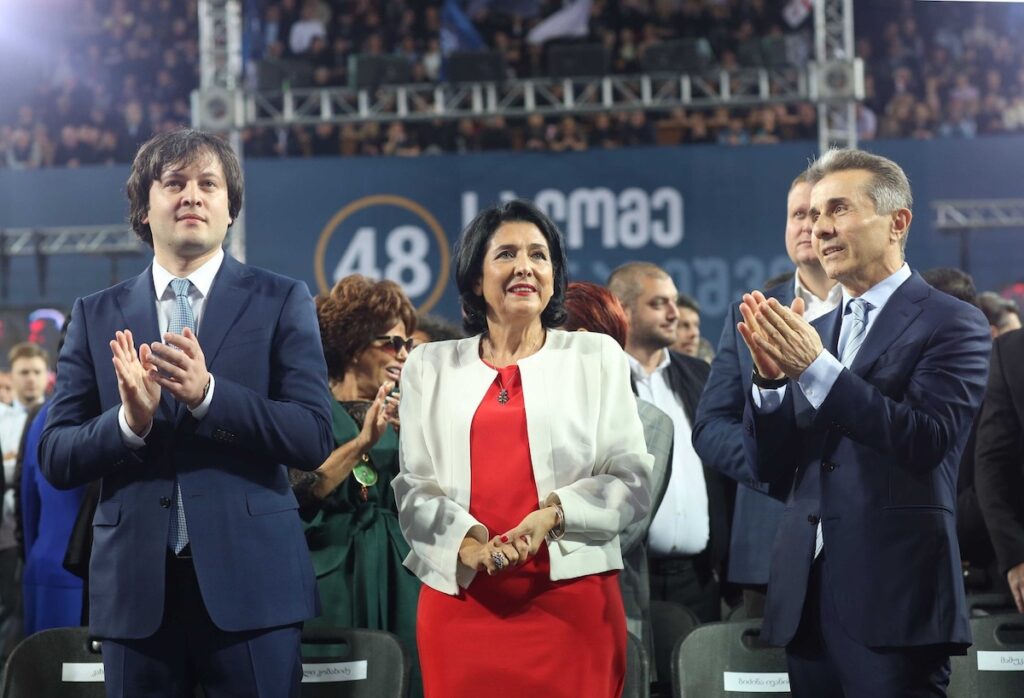
With Ivanishvili’s backing, Zourabichvili narrowly won the 2018 presidential election. Today, she is one of the most vocal and uncompromising opponents of the ruling party.
The fifth president and the ruling party diverged sharply after Russia’s invasion of Ukraine, when Georgian Dream members began spreading anti-Western rhetoric. The conflict escalated to the point where ruling party members even attempted to impeach President Zourabichvili.
“Georgian Dream is one man. Georgian Dream as a party doesn’t exist — Ivanishvili can easily dismiss everyone,” former adviser to Ivanishvili and political analyst Gia Khukhashvili told Formula. “It’s a kind of monotheistic sect centred on a single person.”
Fate of Ivanishvili’s former allies










